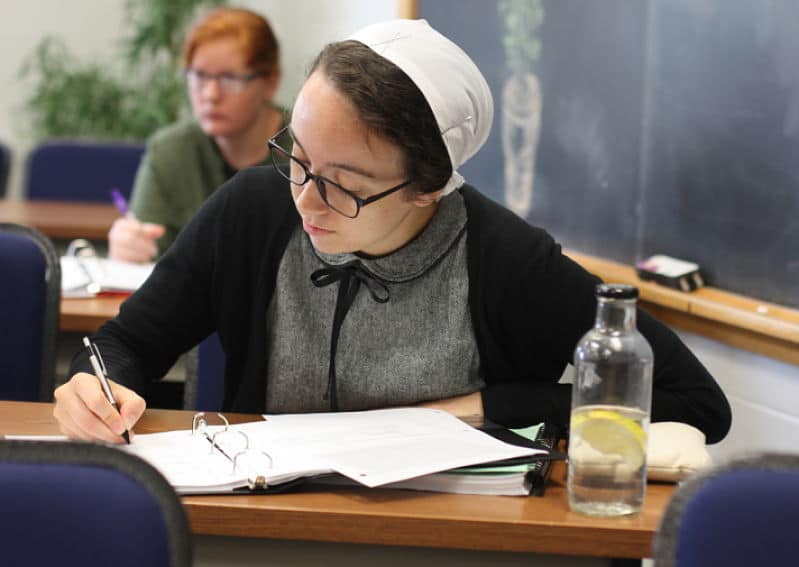Developing Effective Study Skills
★★★★☆

Many teachers assume high-school students already have good study skills. I mean, how hard can it be to read a textbook or take notes from a lecture? You would think that eight years of learning the three R’s would prepare students for high school, but I’ve learned that most students still need basic instruction on how to develop good study skills.
Over my years of teaching, I have had many students who said they couldn’t find an answer in their textbook or they couldn’t understand a story in literature. Many students fall into the bad habit of scanning the text for answers instead of actually reading it. This can sometimes work in the elementary grades, but the more advanced courses in high school require more from a student than simply scanning the page for answers.
Taking notes might seem like a simple activity, but many students don’t understand how to do that effectively. During lectures I noticed that many students were only writing down the words I wrote on the chalkboard. That may have been fine if that were all I wanted, but I knew that if students only copied text from the chalkboard, they probably weren’t really learning. Actively listening to a lecture and taking good notes forces students to engage with the material you are teaching.
When I discovered that my students had poor reading comprehension and didn’t know how to take notes, I realized that I needed to hold study skills classes. Before the classes, I wrote two handouts that separately addressed the study skills of reading comprehension and taking notes. In class, I went over the handouts and explained simple techniques that students can use to improve their reading and note-taking skills. The best time to teach study skills is in the first part of the school year so students can put their new skills to use.
Learning is much more than just hunting for answers in a textbook or writing down every word on the chalkboard and then memorizing them for the test. To truly learn and do well in school, a student must understand what they are reading, listen to lectures, and take good notes.
The great thing about study skills is that they are even useful after school. Students equipped with good reading comprehension will find it easier and more enjoyable to read difficult texts such as detailed instruction manuals and some parts of the Bible. It seems that even Apostle Peter found some of Paul’s writings hard to understand (2 Peter 3:16). If even Peter acknowledged that Paul’s writings were difficult and that unlearned people “twist (them) …to their own destruction,” we should certainly do our best to prepare students for a lifetime of Bible reading and study.
Download the Two Handouts
https://thedockforlearning.org/contributions/how-to-read-improving-reading-comprehension/
https://thedockforlearning.org/contributions/how-to-to-take-good-notes/
Related Items
Leave a Reply
Feedback